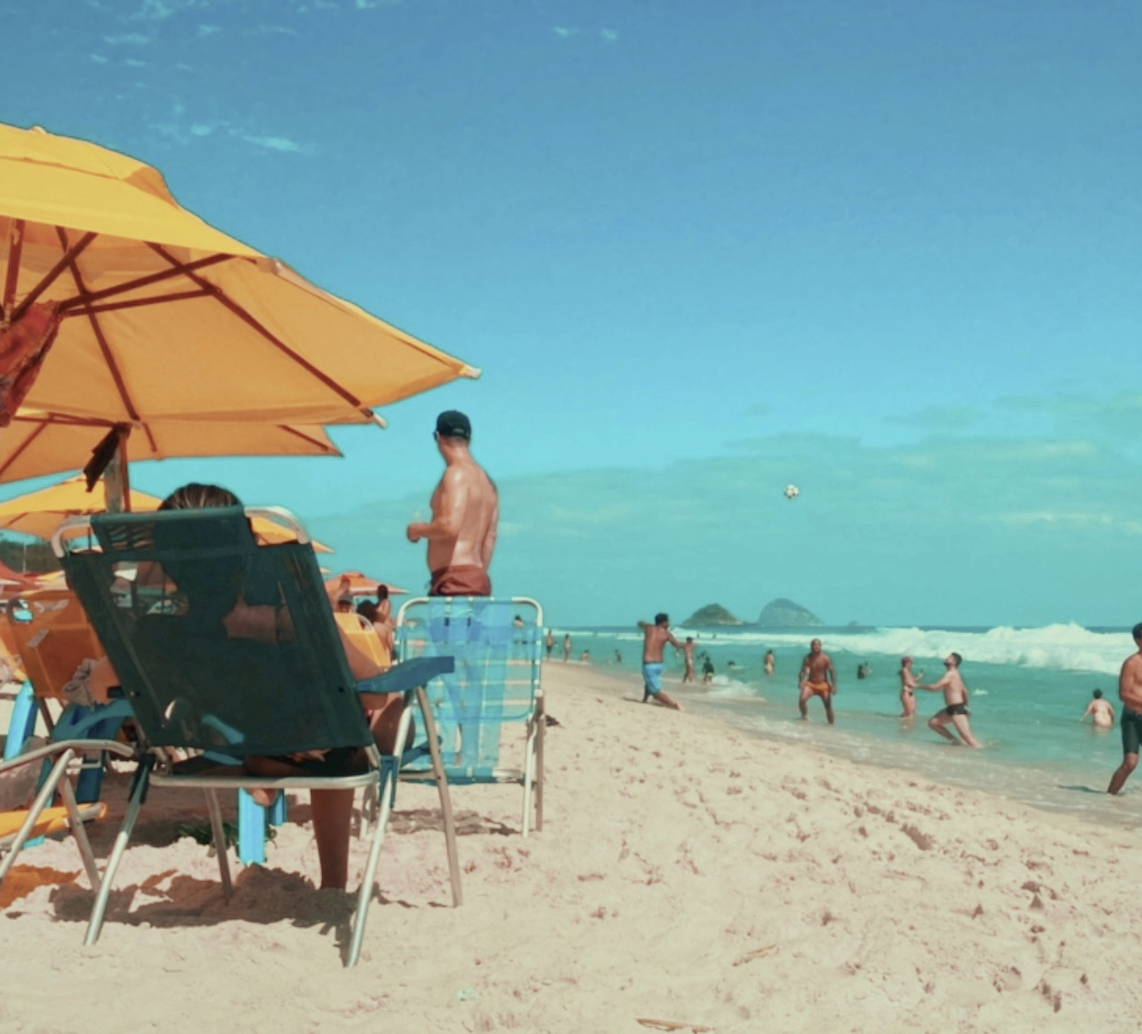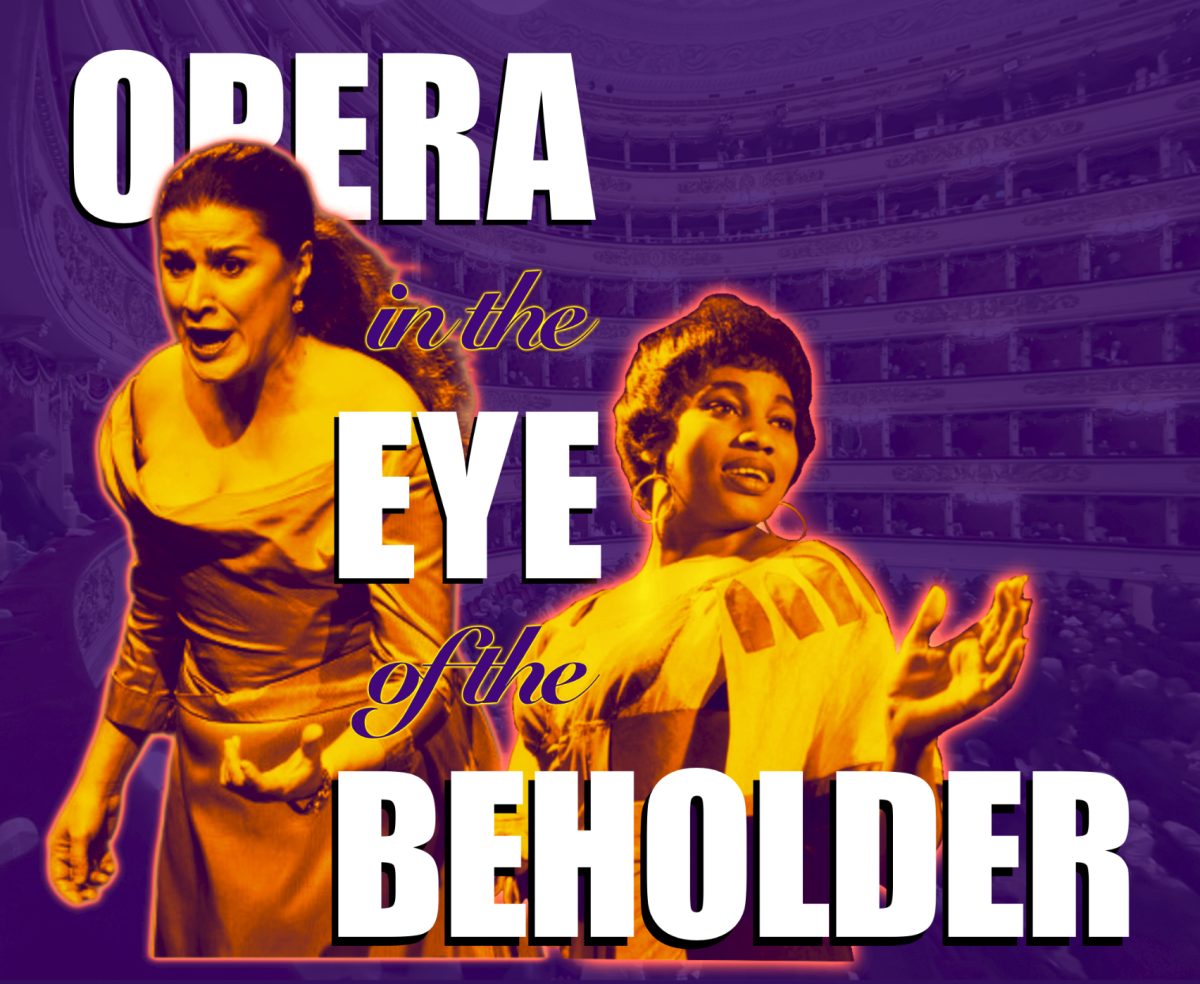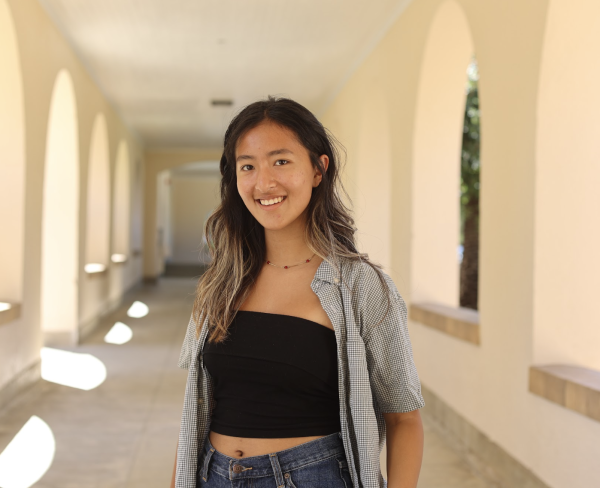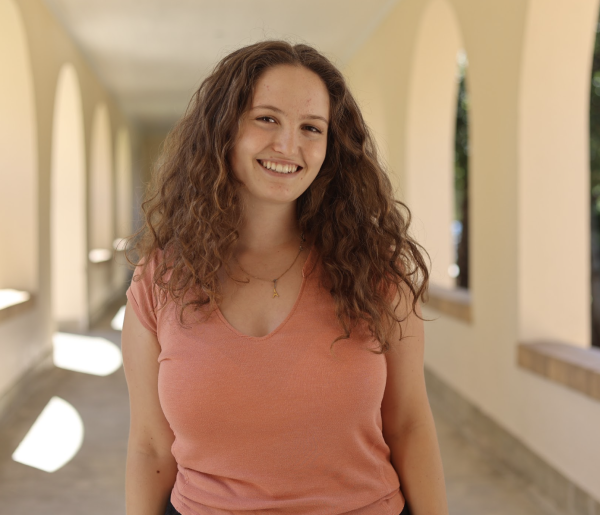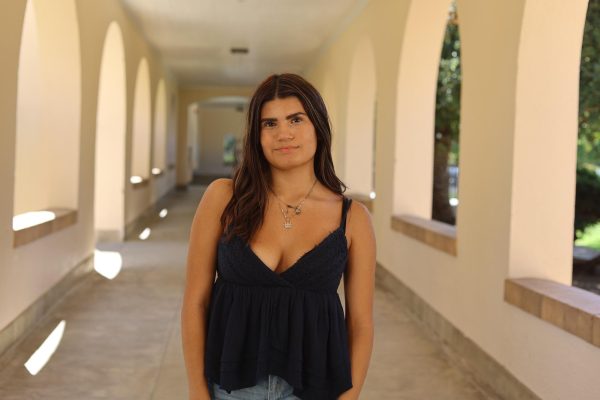Communities internationally have emphasized the importance of education for millennia. Each culture’s vision for what their children will grow up to be shapes their style of education, causing schools around the world to vary greatly.
Traditional education was developed in the West as a method to enhance the intellectual advancements of society. For hundreds of years, conventional Western education was limited to the aristocracy. Wealthy ancient Grecians were tutored in philosophy, mathematics and job trades. Other civilizations, including Ancient Egyptians and Romans, were taught similarly.
What these ancient cultures valued about education differs greatly from the values of today, according to Larry Cuban, a Professor Emeritus of Education at Stanford University.
“A good education was [defined as] educating the elite of every society,” Cuban said. “The notion of educating everyone didn’t really come until centuries later.”
Just two centuries ago, education shifted from a privilege to a right. According to The United Nations Educational, Scientific and Cultural Organization (UNESCO), the global literacy rate for people aged 15 and older has increased by 44 percent since 1960, now established at 86 percent in 2024. In the year 1800, it is estimated that only 12.1 percent of the world was literate.
As the general public flooded through classroom doors for the first time, individual communities began developing their own ideals surrounding education. Today, each country and city has a unique education system to encourage their own principles.
Paly sophomore Tarika Pillay attended school in South Africa for most of her life. Since transferring to Paly, she has noticed stark differences in people’s mentalities surrounding the purpose of school and pursuing higher levels of education.
“[In South Africa], people sell college as, ‘you’re not going to major in something good, and you’re eventually going to end up in the same line of work as everyone else,’” Pillay said.
This outlook on education contrasts significantly with the ideals rooted in America, especially in the Palo Alto community.
Paly Sophomore Catarina Marchesi-Carbone also saw vast differences between the cultures surrounding education in her former home, Brazil, and in Palo Alto.
“It [a country’s values] reflects in how you teach school,” Marchesi-Carbone said. “In Brazil, it’s the opposite [of America], everything is standardized for that big test. Here in America, they give you assignments… you have a lot of choices.”
Despite the rising global emphasis on education, many still lack full access to quality schooling. Ahana Kripalani, a high school junior who attends Indus international school in Hyderabad, India, notes the inequity she sees within her own school.
“We all have tutors outside of school,” Kripalani said.“The international students who live on board sometimes get help from teachers, but in terms of resources, it’s unfair.”
Economic disparities are also rampant in the American schooling system, because school funding mainly comes from property taxes in the district’s area.
“Everyone has the right to be educated to their fullest,” Cuban said. “Now, what happens of course, is that race and class enter into the picture. If you have money, you can do that for your kids, but if you have much less money and you are trying to put food on the table and have a roof over your head, then that’s much harder to think about.”
Caitlin Drewes, a Paly social studies teacher who formerly taught in Bangladesh for the Peace Corps, reflects on her experience with this conflict in her own classroom.
“You see the kid who couldn’t get their homework done because their mom got arrested that night, or you see the kid who shares a bedroom with five siblings and who can’t take their AP US History class online,” Drewes said.
Even half a century after education was declared a human right by the United Nations in 1948, groups who were historically excluded from education face many disadvantages.
“In the highest level AP STEM classes, there tends to be fewer girls, [and] fewer brown and black students,” Drewes said. “That’s not because they’re not smart or clever. It’s because somewhere they got [influential] messaging.”
Many argue that our current style of traditional public schooling does not guarantee equal opportunities, especially for those with disabilities, responsibilities outside of school, and minorities.
“The belief that everyone should be educated means that there isn’t only one best system for everyone,” Cuban said.
Josh Bloom, a current Physics and Astronomy teacher at Paly, as well as the former principal of Lydian Academy, a one-to-one learning school, acknowledges the importance of having alternate learning methods available.
“Large classroom settings may struggle to meet the unique needs of every student,” Bloom said. “The purpose of a one-to-one learning school is to provide a place where there are no cracks for students to fall through.”
Similar to Lydian Academy, alternative schools and teaching styles have developed in recent years to allow for more flexibility in personalized learning that takes into account the needs of each student.
“Social-emotional learning is essential, but it’s challenging in a system focused on scores, tests and grades.” Bloom said. “The shift towards recognizing and rewarding softer skills is happening but takes time.”
Many schools are hesitant to take inclusive steps or prioritize students’ non-academic needs in the classroom. In the face of highly competitive school environments, like that of Palo Alto, it can be difficult for teachers to find a balance. There is a struggle between the competitive test-driven nature and teachers wanting each student to have equal resources.
“People [in Palo Alto] want everyone to have access [to education], but often what happens is parents, when it comes down to it, are thinking about their own kids,” Drewes said.
Paly junior Helena Bondolowski believes that both the families and communities of students impact standards around education.
“My parents went to school in Spain, so they didn’t experience American college,” Gonzalez-Bondolowski said.
Similar behavior to that of Palo Alto residents, which push academic success and rigorous work loads, occurs throughout the world. It’s crucial, however, to acknowledge the privilege to be able to take certain classes and have the opportunity to succeed in our current school systems.
“America’s gift to the world is that everyone has the right to be educated to their fullest,” Cuban said. “What happens is that race and class enter into the picture. If you have money, you can do that for your kids. But if you have much less money and you are trying to put food on the table and have a roof over your head, then that’s much harder to think about.
On a global scale, dozens of democratic governments have attempted to provide accessible, affordable and quality education to all their citizens. But the amount of money directed towards education directly correlates with the resources in a classroom, and the quality of learning.
“Money and being able to send your kid to an expensive private school allows them a better education in any way, shape or form,” Marchesi-Carbone said. “Even though we go to Paly, a really good public school, sending your kid to a smaller private school would be a better choice.”
Discrimination in schools transcends race, disability and gender; socioeconomic status plays an undeniable role in education.
“The belief is that education is how to get more money for everyone,” Cuban said.
A significant portion of the US, and the Paly community, value higher levels of education. Evie Kramer, a Paly alum who transferred from Ireland, notes the differences between the culture in Palo Alto and her former school.
“Any university is considered an accomplishment, and there’s less prestige related to the name of a university,” Kramer said.“It was shocking coming here was just feeling that pressure. As far as a cultural value on the name of the school you’re going to, [such as] Ivy Leagues being idolized. In Ireland, that’s not the case, and education is prioritized for education’s sake.”
Globally, being able to attend university is entirely a privilege. Findings from Harvard University show only 6.7% of the world has a college degree.
“[Being a] high school graduate is not enough in our system,” Drewes said. “You need what’s going to help you save money for retirement and not be living paycheck to paycheck. Even trade programs like plumbers and electricians do well, but you need something beyond high school.”
To some, continuing learning after high school is not a possibility. Throughout the world, education has been reinforced as a means to elevate society and innovate new ideas. The idea of what education should teach students is constantly developing and changing.
“We’re so polarized, we’re so separated for so many different reasons,” Bloom said. “We have to find ways to bridge those divides and see each other as human so that we can make progress and work together.”
Each country in the world has a unique system and method of education that is interlinked and inspired from others. Coming to terms with the differences in economic, cultural and societal gaps in our current education system is an essential step towards a more beneficial form of learning.
“A broader goal of education would be to help us understand that we’re all part of an ecosystem of humanity,” Bloom said. “We all belong to each other, and in the end, we’re all in this together.”
website education around the world



